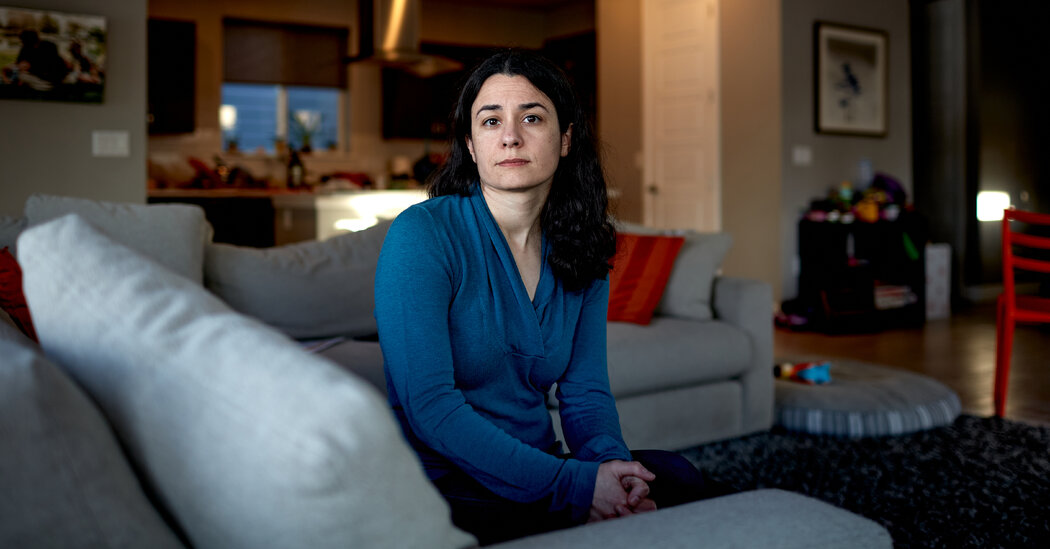Now, he says, “all my interactions are virtual, so I don’t worry about shaking hands and the awkwardness of in-person.”
“When I go to bed at night, I know what I’m doing the next day, and I don’t worry about it,” said Mr. Bernoff. He loves the predictability of life — like what time he’s having lunch and dinner and where it’s coming from. “I hate to sound paranoid about this, but I like being in the same place as my refrigerator.”
Mr. Bernoff hastened to say he can’t wait for the pandemic to end — “and go to dinner with my wife.”
“I don’t want this to go on forever,” he added, “but for just this year, this period, it’s been a little island of stability.”
Mr. Bernoff is fortunate to have consistent work; research shows that anxiety and depression triggered by the pandemic can disproportionately impact those with shakier economic prospects. A large-scale study of 36,000 subjects in the United Kingdom, published in the December 2020 issue of The Lancet, found that mental health challenges were elevated for some people early in the lockdown and then eased in general as the lockdown eased, with some groups more susceptible than others.
“Being female or younger, having lower educational attainment, lower income, or pre-existing mental health conditions, and living alone or with children were all risk factors for higher levels of anxiety and depressive symptoms at the start of lockdown,” the study found. That began to ebb, the researchers found, as people acclimated and lockdowns eased.
By contrast, the anxiety-ridden people who experienced relief during the pandemic probably are in higher income brackets, said Ms. Maikovich-Fong, the therapist from Denver. They are more likely to have jobs they can do remotely, allowing them to remain employed but with less stress than before.
This content was originally published here.

